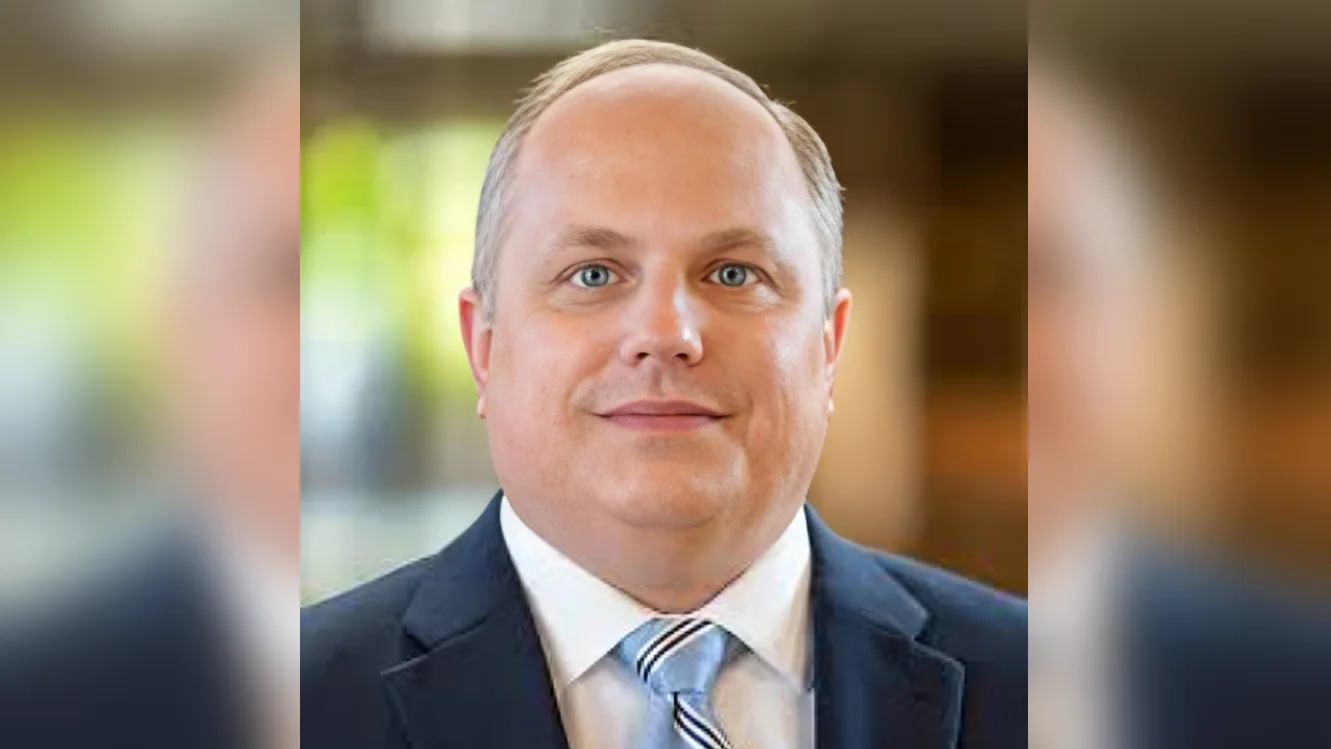Abbott has announced that the U.S. Food and Drug Administration (FDA) has approved its Tendyne transcatheter mitral valve replacement (TMVR) system. This device is designed to treat individuals with mitral valve disease, specifically those whose valves are compromised due to severe mitral annular calcification (MAC). MAC involves a buildup of calcium in the annulus, the structure supporting the mitral valve.
The approval introduces a new treatment avenue for patients unable to undergo open-heart surgery or mitral repair. Tendyne offers a minimally invasive solution for replacing leaky or narrowed valves, conditions known as mitral regurgitation and stenosis, respectively.
Dr. Paul Sorajja of the Minneapolis Heart Institute Foundation emphasized the impact of MAC on patients' quality of life. "Mitral annular calcification stiffens the structure of the mitral valve and can lead to mitral regurgitation or stenosis that disrupts the heart's ability to pump blood effectively," he explained. He noted that many patients with MAC are considered high-risk for open-heart surgery due to various health factors. "Tendyne bridges a critical treatment gap for these patients and can help reduce symptoms that can interfere with their lives."
The Tendyne system features an innovative design allowing it to adapt to different patient anatomies through its availability in multiple sizes. The self-expanding valve is inserted via a small chest incision and positioned within the heart, offering repositionability during implantation.
Sandra Lesenfants, senior vice president of Abbott's structural heart business, stated: "Tendyne is a much-needed addition to our comprehensive U.S. structural heart portfolio that offers less invasive treatment options for a range of heart diseases." She highlighted Abbott's longstanding commitment to developing pioneering devices in mitral valve care.
For more information on Tendyne's safety in the U.S., visit https://abbo.tt/TendyneISI.
Abbott is recognized as a leader in global healthcare, providing technologies across diagnostics, medical devices, nutritionals, and branded generic medicines. The company operates in over 160 countries with approximately 114,000 employees worldwide.
###

